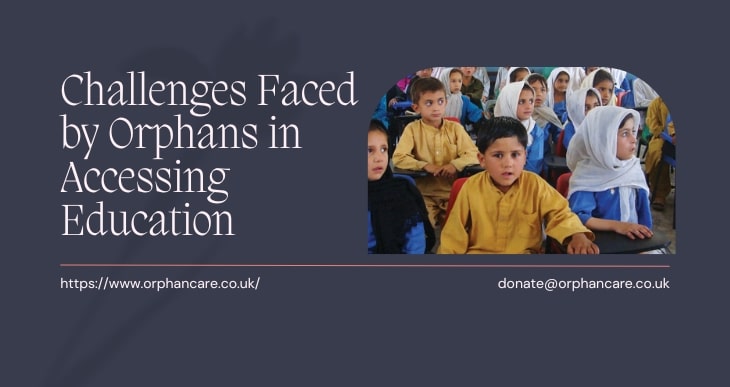Adopting an orphan is a life-changing decision that involves various legal, emotional, and practical considerations. Prospective parents must prepare themselves to navigate a complex process that is designed to ensure the best interests of the child. The following key areas are critical for ensuring a successful adoption that is both legally compliant and emotionally nurturing for the child.
1. Legal Considerations
The adoption process differs depending on the country of origin, the legal framework of the prospective parents’ home country, and whether it is a domestic or international adoption. Each country has its own set of laws, eligibility requirements, and procedures that must be followed.
For domestic adoptions, legal steps include:
- Eligibility requirements: These often include minimum age limits, marital status, and sometimes income or home environment evaluations.
- Home study: Prospective parents must undergo an assessment of their home life to ensure it is safe and supportive for the child. This involves background checks, interviews, and home visits by social workers.
- Finalization in court: The adoption must be legally recognized by the court, ensuring that all parental rights are transferred to the adoptive parents.
International adoptions have additional complexities, such as ensuring compliance with both the home country’s and the child’s country’s legal systems. Prospective parents often need to go through the Hague Convention process, which standardizes adoption laws across participating countries to prevent child trafficking and exploitation. This may involve navigating visas, immigration laws, and meeting specific criteria for adopting a child from another country.
2. Emotional and Psychological Considerations
Adopting an orphan often comes with a range of emotional challenges for both the child and the adoptive parents. Children who have lost their parents or been abandoned may have experienced trauma, grief, or attachment issues that need to be addressed with sensitivity. It is essential for adoptive parents to create a supportive environment that fosters trust and emotional security.
- Attachment and bonding: Many orphans have experienced multiple caregivers, and it can take time for them to develop trust in a stable, loving family. Parents should be prepared to nurture this bond through consistent emotional support and positive reinforcement.
- Counseling: Professional counseling or therapy can be beneficial for both the child and the parents during the transition. Therapy can help the child process grief, trauma, and any feelings of abandonment, while also guiding parents on how to best support their child.
- Cultural identity: For international adoptions, parents should be mindful of preserving the child’s cultural identity and heritage. Maintaining connections to the child’s background through language, traditions, or even contact with others from the same culture can help them maintain a sense of belonging.
3. Financial and Practical Considerations
Adopting a child can be a financially demanding process, especially when international adoption is involved. Legal fees, agency fees, travel costs, and post-adoption services such as therapy or medical care can add up quickly. It is important for prospective parents to be financially prepared.
In addition, the child’s future needs should be considered:
- Healthcare: Orphans, particularly those from developing countries, may have unmet healthcare needs. Prospective parents should be prepared to provide comprehensive medical care, especially if the child has special needs.
- Education: Children adopted from orphanages may have gaps in their education, so parents should be ready to invest in their schooling and any additional support they may need to catch up academically.
4. Ongoing Support and Resources
Adoptive families can benefit greatly from connecting with support groups and resources that can offer guidance during the adoption process and beyond. Many organizations provide resources for navigating post-adoption challenges, including specialized parenting advice, support networks for adoptive families, and cultural integration support for internationally adopted children.
If you want to donate charity for orphans: https://www.orphancare.co.uk/donations/givewp-donation-form/
Conclusion
Adopting an orphan is a rewarding experience, but it comes with a range of legal, emotional, and practical considerations. Prospective parents must ensure that they are legally compliant with all requirements while providing a loving, supportive, and stable environment for the child. By addressing the emotional needs of the child and preparing for the financial and logistical demands of adoption, parents can ensure that the adoption process results in a successful and fulfilling experience for both the child and the family.

